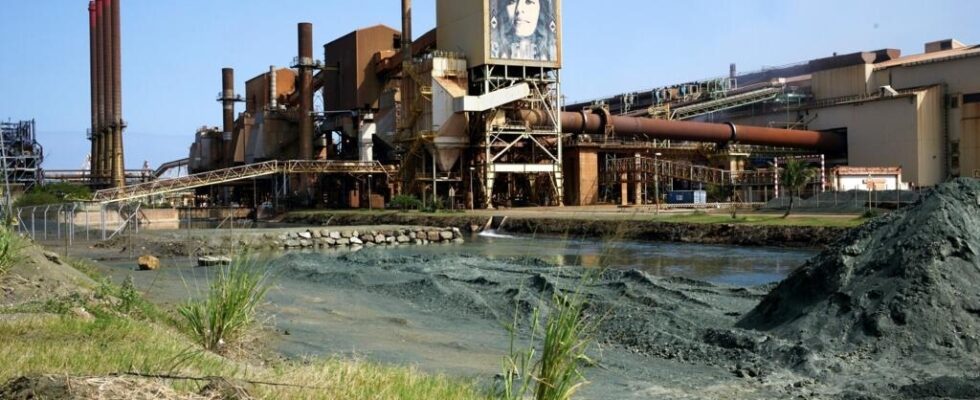The Koniambo Nickel SAS (KNS) plant, one of the three main nickel refineries in New Caledonia, announced today the imminent layoff of almost all of its employees by the end of August. This new setback hits hard a sector already in crisis, aggravated by structural difficulties and social unrest.
2 min
Due to a lack of buyers, 1,200 employees will lose their jobs at the end of August. The KNS company, in debt to the tune of more than €13 billion, is keeping only a handful of employees to ensure that the site is kept “on cold standby”.
Koniambo Nickel SAS has been looking for a buyer since the departure in February of its main shareholder, the Anglo-Swiss group Glencore, which held 49% of the shares. “Although we continue to receive interest from three potential groups, we do not have a concrete offer or visibility on financing “, KNS said in a statement. The management has therefore decided to launch the process of collective dismissal for economic motiveOnly around fifty employees will remain to keep the site in a state of alert.
Read alsoCrisis in New Caledonia: emergency measures proposed to businesses and individuals
The global nickel crisis hits the New Caledoniaand the two other factories in the territory are also under threat. Prony Resources, located in the south of the archipelago, is at a standstill, while SLN in Noumea recorded a net loss of 72 million euros in the first half of the year, according to its main shareholder, the French group Eramet.
The difficulties of the sector are exacerbated by competition from Indonesia, the world’s leading nickel producer, which benefits from much cheaper labor. The cost of energy is also an aggravating factor. Although France and the European Union are seeking to increase their nickel production for electric car batteries, two of the three New Caledonian factories produce nickel that is not suitable for this use.
New Caledonia, where the nickel sector accounts for one in four private sector jobs, has also been suffering the effects of riots since mid-May, which have disrupted the supply of ore and employees’ access to sites. These disturbances have caused considerable material damage and hampered access to infrastructure, further aggravating the crisis in the archipelago.
Read alsoNew Caledonia in the raw materials trap
